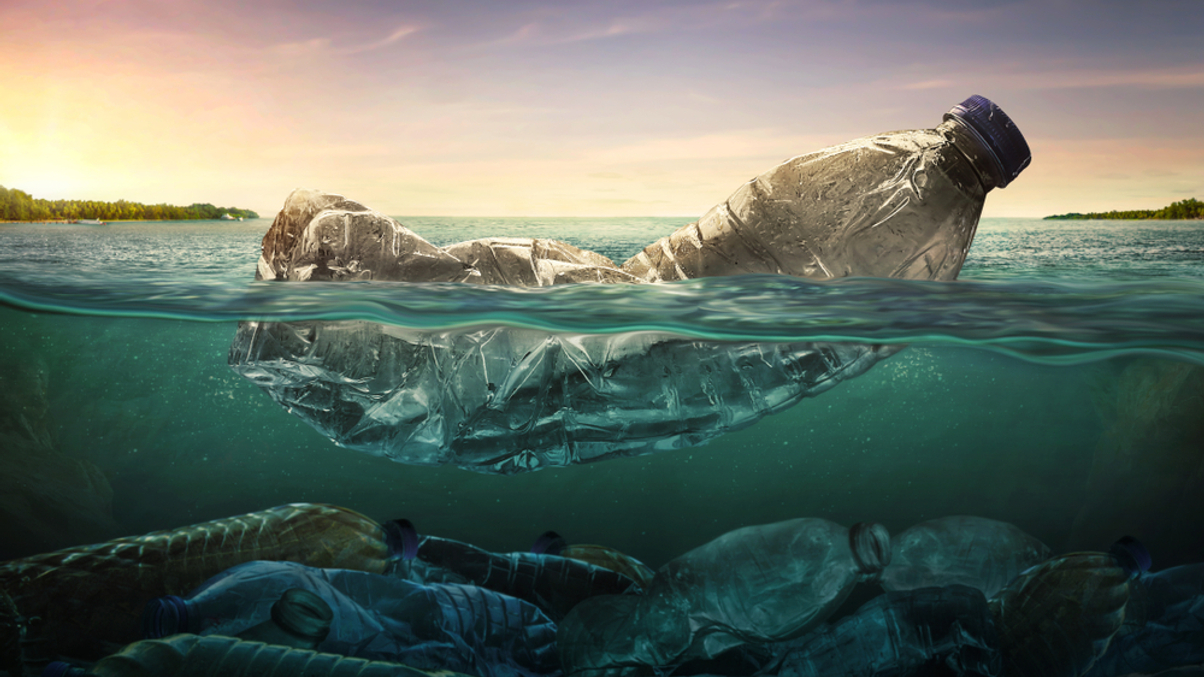Asset owners spy opportunities in Asia's waste management ecosystem
A new private investment fund offers promise for waste management improvements in Asia. But at a local level, there is still a lot to be done to speed up the process.

The natural world is near the top of the discussion agenda at COP 28 by virtue of the emphasis King Charles III gave it in his keynote address to the conference last week.
Sign in to read on!
Registered users get 2 free articles in 30 days.
Subscribers have full unlimited access to AsianInvestor
Not signed up? New users get 2 free articles per month, plus a 7-day unlimited free trial.
¬ Haymarket Media Limited. All rights reserved.


